Current Members
PRINCIPAL INVESTIGATOR
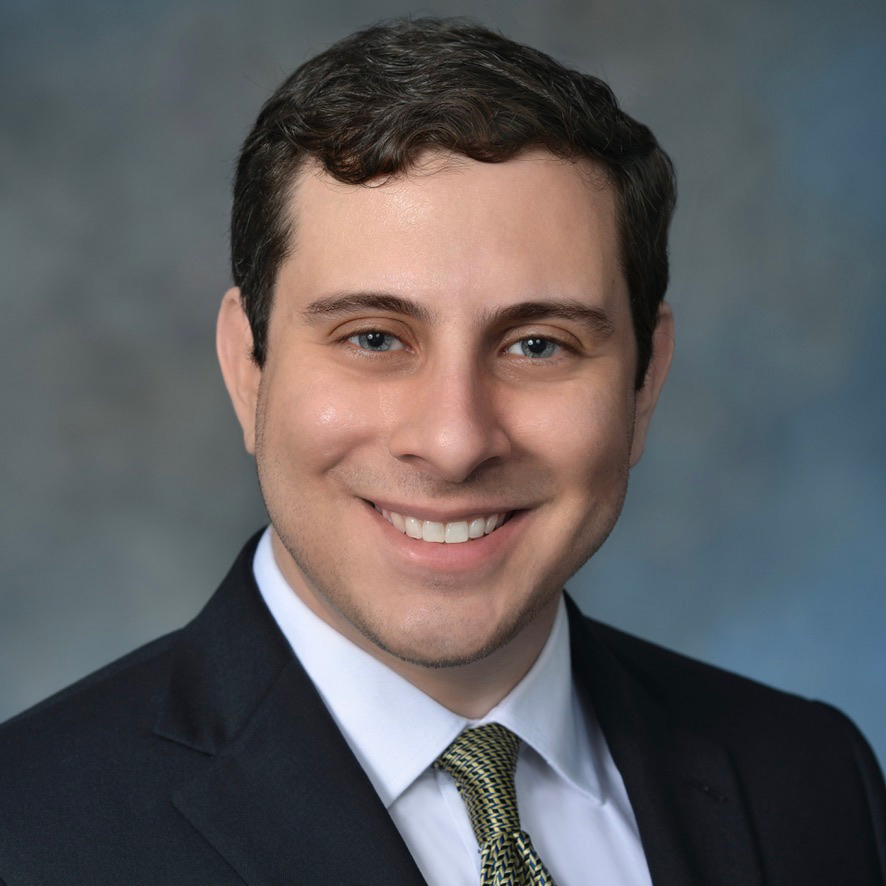
Jason T. George, MD, PhD
Texas A&M | Orchid | Google Scholar
Dr. George is an Assistant Professor in the Department of Biomedical Engineering at Texas A&M University. His research focuses on developing mathematical models to better understand complex biological systems. His group utilizes techniques from biophysics, probability, and stochastic process theory to model the effects of randomness on system dynamical response. In immunology, he has developed random energy models of the interaction between T cells and antigens with applications directed at understanding the effects of T cell selection on the recognition of viral and tumor-associated antigens. These foundational modeling efforts have motivated a machine learning-based structural biophysical characterization of the T cell-antigen interaction, with the goal of accurate T cell specificity prediction at the level of the human immune repertoire.
His work in cancer modeling tracks the co-evolution between an evolving cancer population and recognizing T cell repertoire. Applications include the development of enhanced cancer incidence models that incorporate immune function and the prediction of optimized treatment strategies. His group has worked to pioneer a class of mathematical models that frame cancer progression as a stochastic optimal decision-process, through which the extent of ‘adaptive’ cancer evasion strategies and disease aggressiveness can be more precisely understood. The group actively emphasizes experimental and clinical collaboration for validation and model-driven identification of improved therapeutic strategies.
Dr. George earned a B.S. in Biomedical Engineering and B.A. in Mathematics at Texas A&M University. He completed his M.D. at Baylor College of Medicine and Ph.D. in Bioengineering at Rice University. In the classroom, he is passionate about identifying and tackling problems in medicine and biomedical engineering via detailed application of mathematical theory.
POSTDOCTORAL FELLOWS
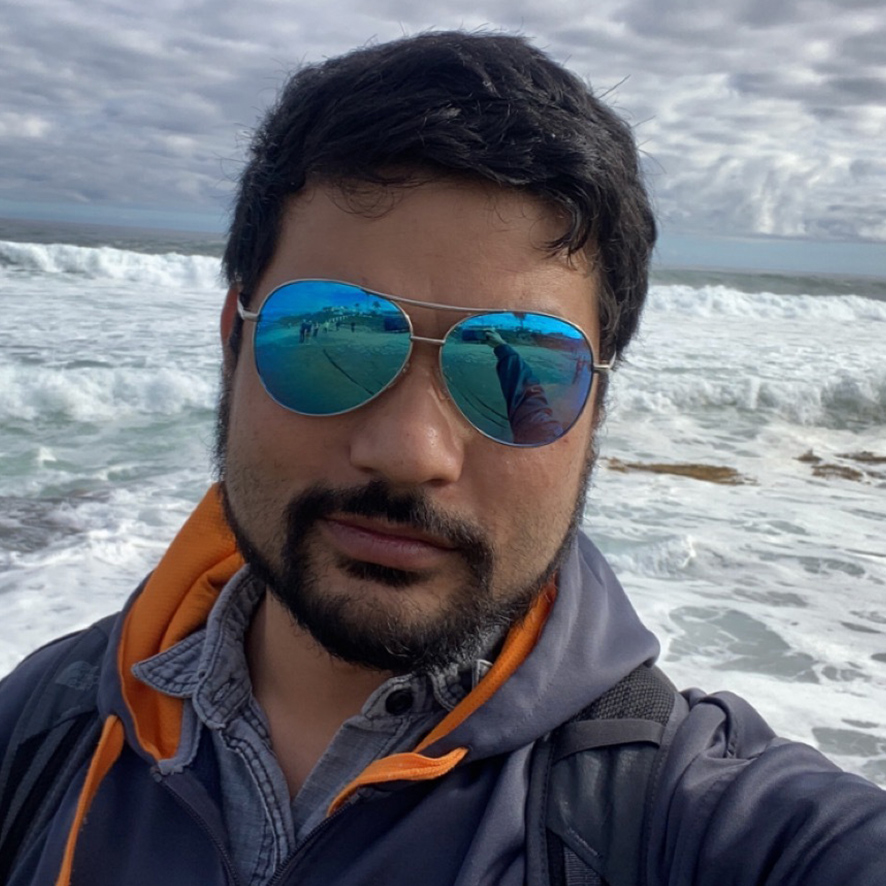
Pujan Shrestha, PhD
Pujan is interested in probability theory, stochastic processes and their application in understanding cancer. He has previously worked on the theory of anticipating stochastic calculus and large deviation principles. He develops stochastic control models of cancer progression, tumor-immune interaction and immune mediated cellular dormancy. His areas of interest include mathematical biology, probability theory, stochastic processes, optimization, numerical analysis, and differential equations.
Being born and raised in Nepal, Pujan loves hiking and the outdoors. He loves road trips and driving around the US. He recommends the Blue Ridge Parkway drive around late October. Since moving to Houston, Pujan has had a great time exploring the sights, sounds, and dining options that the city has to offer.
GRADUATE STUDENTS
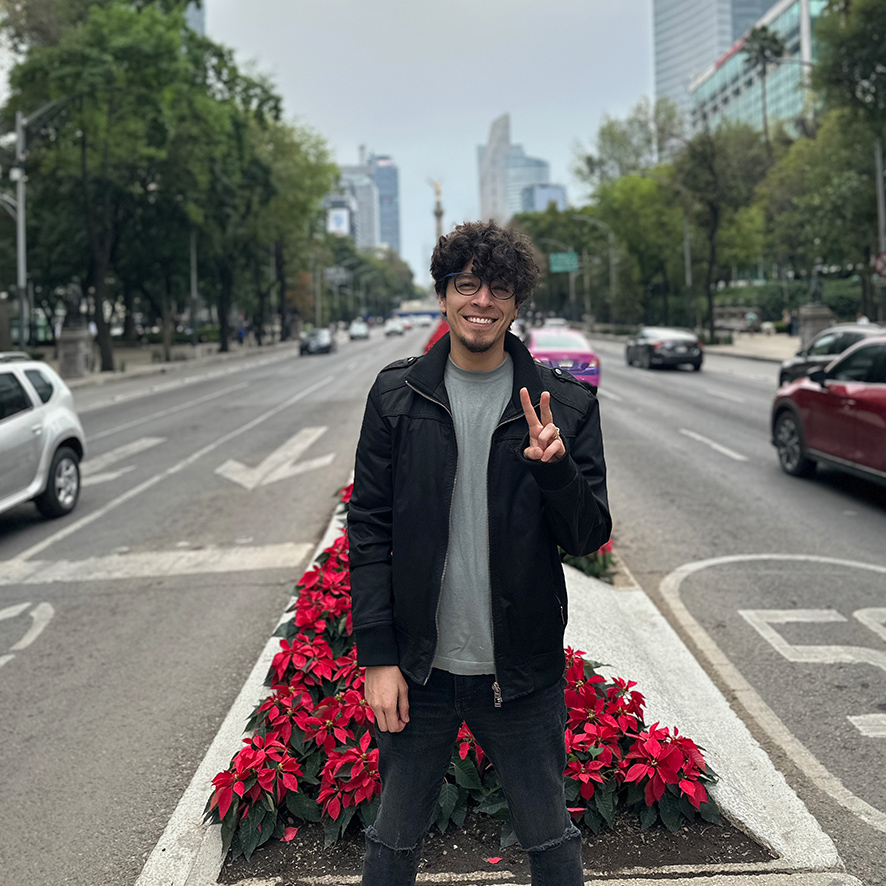
Javier Villeja Castrejon
Javi is a Ph.D. student in the School of Medicine at Texas A&M University. He holds a Master of Science in Biotechnology from Tec de Monterrey, where he conducted in vitro and in vivo studies at the Biotechnology Center FEMSA in Monterrey, Mexico. Javi’s research interests primarily lie in the field of cancer immunology and immunotherapy. To enhance his research capabilities, Javi has joined Dr. George’s group, where he focuses on improving his skills in bioinformatics and computational biology.
Beyond his academic pursuits, Javi has a keen interest in exploring new coffee shops. He also enjoys traveling, which allows him to discover diverse cultures and perspectives.
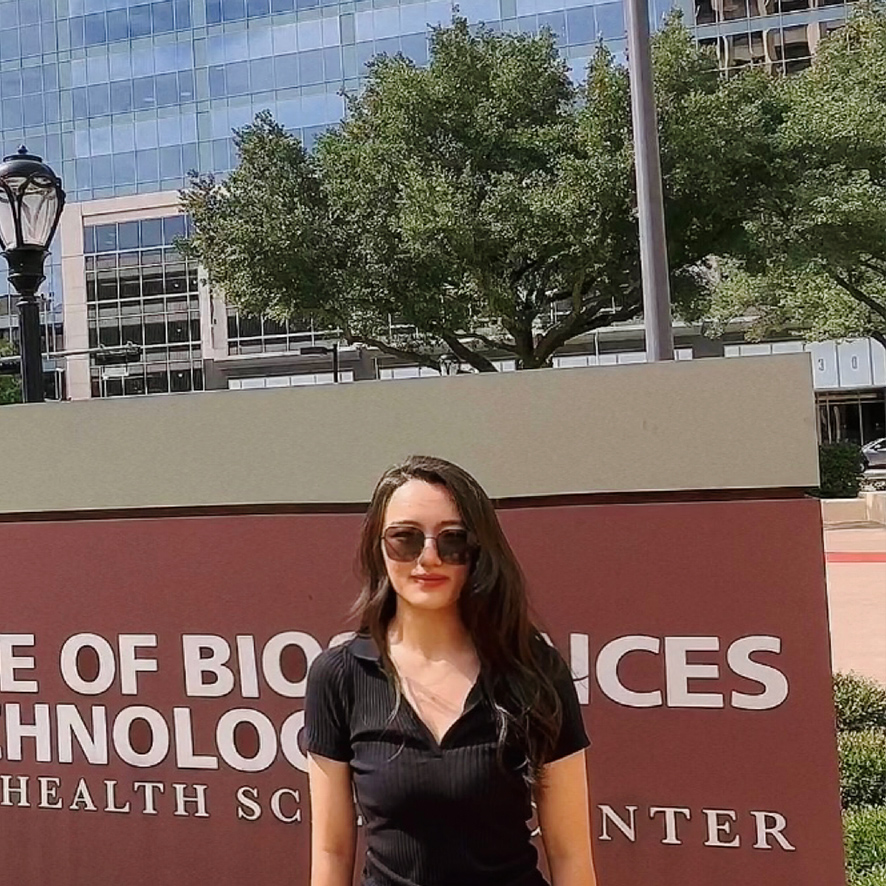
Vicky Fan
Vicky’s current research focuses on the development of mathematical models to better understand the dynamic tumor-T cell interplay and coevolution within distinct extracellular matrix (ECM) topologies, and also the impact of radiotherapy on tumor-T cell interaction to understand treatment failure and predict optimized therapies.
Apart from research, she enjoys outdoor activities, dancing, and exploring different dog parks with her dogs.
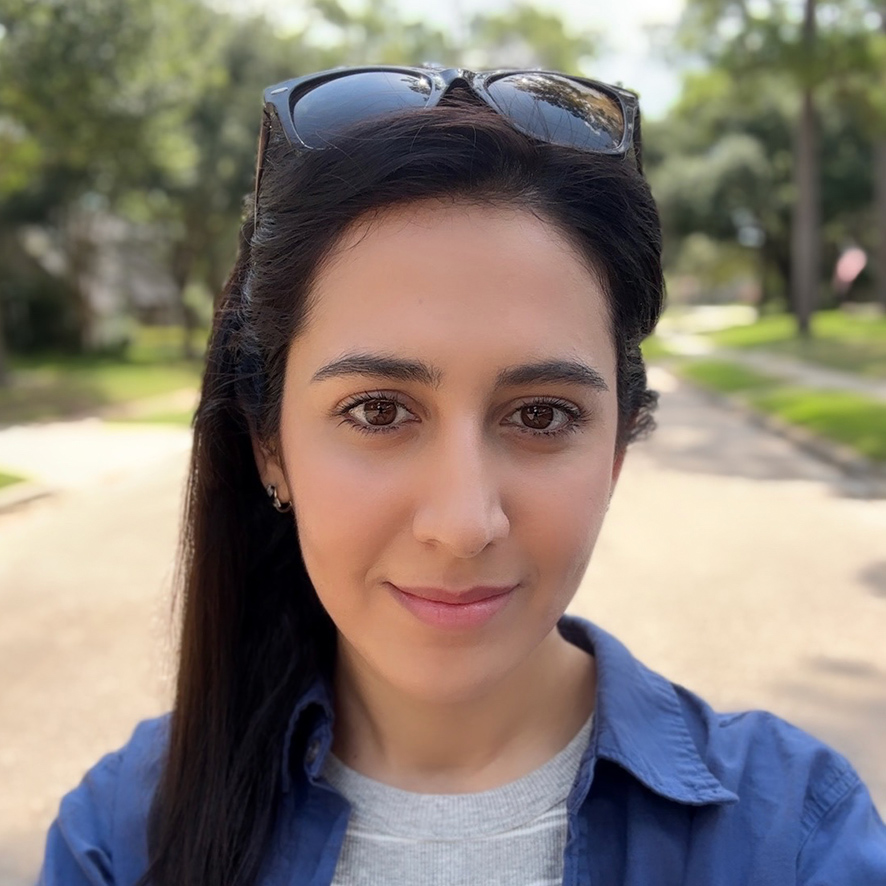
Zahra Ghoreyshi
Zahra’s research interests include mathematical biology, computational and statistical modeling, machine learning, and deep learning. Her current research focuses on tumor-immune interaction, characterizing the T-cell recognition potential of tumor antigens, and modeling optimal cancer evasion.
INCOMING GRADUATE STUDENTS
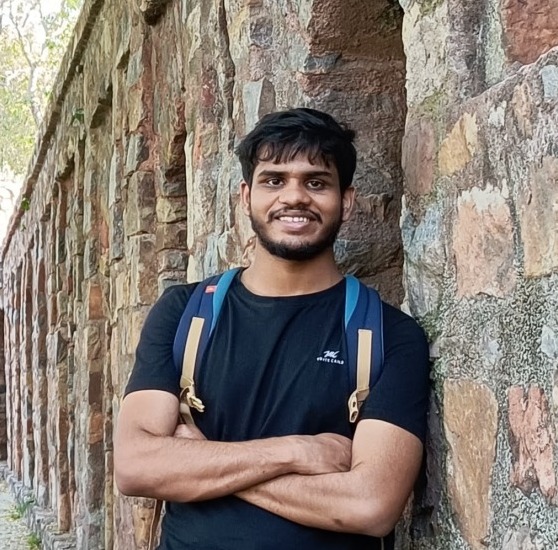
Madhav Nair (Fall 2024)
Madhav has received a BS and is currently completing his Master’s in Physics from IISER Kolkata. His previous research work focused on developing population dynamical models to better understand epithelial-mesenchymal heterogeneity in cancer cells. Madhav’s current research interest builds on this background to develop theoretical and data-driven models to describe phenotypic transitions in biological systems. In his free time, Madhav enjoys learning about history, taking evening runs, and watching television.
UNDERGRADUATE STUDENTS
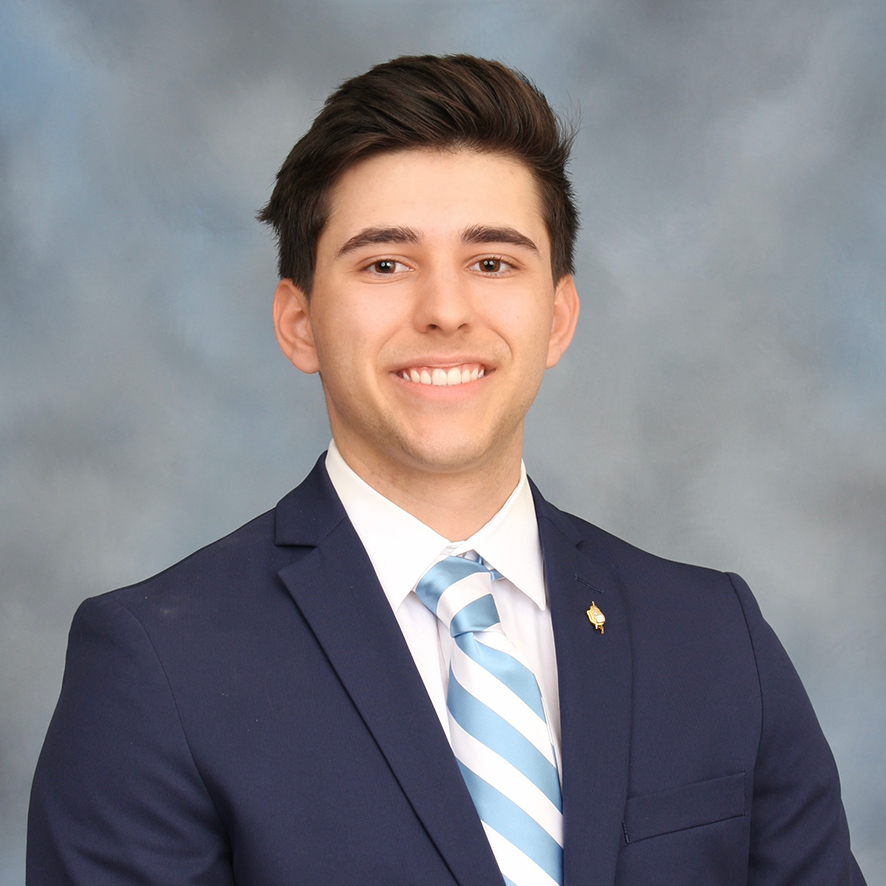
Reid Master, Biomedical Engineering ’24
Reid’s research is focused on vascular reconstruction and modeling of pulmonary blood flow in the hypoplastic setting. In addition to his involvement in research, he currently works as a clinical scribe at Baylor Scott & White in Fort Worth and is actively involved in philanthropic efforts benefiting families affected by ALS. After finishing undergraduate studies, he hopes to attend medical school and become a practicing anesthesiologist where he will use his background in engineering to innovate new technology and optimize current procedures.